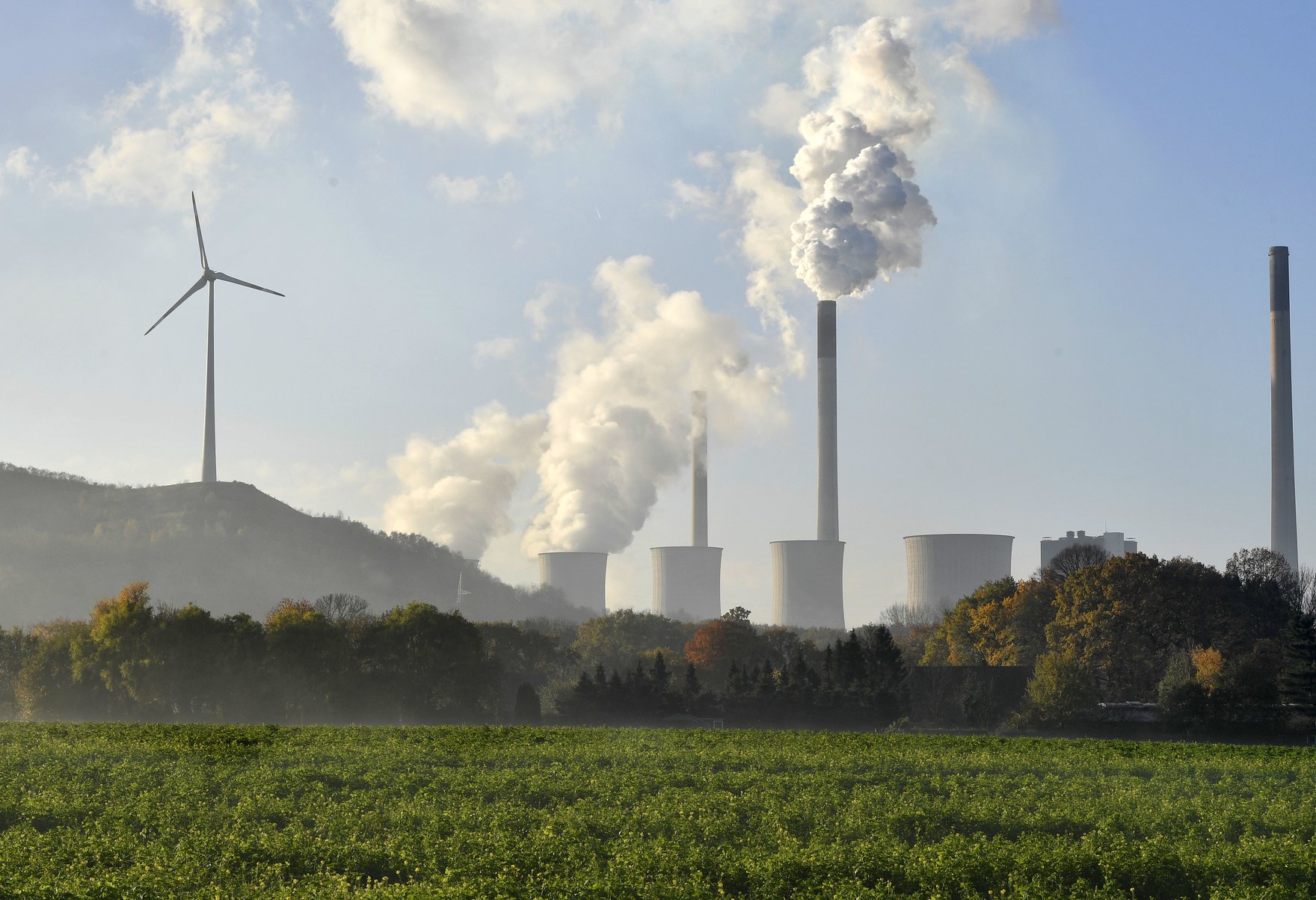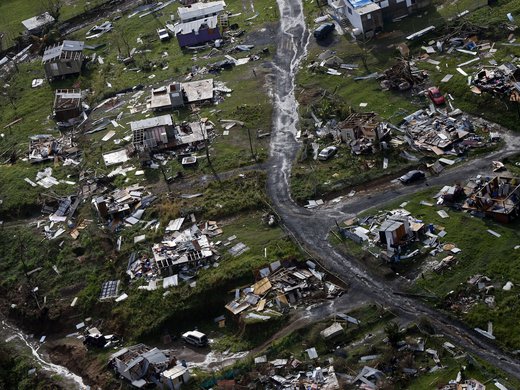In recent weeks, Canada has announced a barrage of partnerships, collaborations and joint declarations with a single focus: phasing out coal. This is certainly a noble goal, and is a nod toward a larger strategy — Canada is positioning itself for a new identity in climate leadership.
At the Twenty-third session of the Conference of the Parties to the United Nations Framework Convention on Climate Change (COP23) in November, Canada and the United Kingdom launched the Powering Past Coal Alliance — an international initiative to end the use of coal-fired power plants. Twenty-six states, eight subnational governments and 24 private stakeholders have supported the declaration that defines commitments for members of the alliance. Although non-binding in nature, the declaration signals a strong political commitment to a coal phase-out.
Less than a month after COP23, at the One Planet Summit — a celebration of the two-year anniversary of the Paris Agreement — Canada announced the launch of a climate partnership with France that aims to support countries that want to phase out coal, a partnership with the World Bank Group to accelerate developing countries’ transition away from coal-fired electricity and a partnership with the Breakthrough Energy Coalition to promote public-private collaboration and clean energy innovation in Canada.
These commitments are in line with Canada’s recent focus on carbon pricing and promoting human rights, Indigenous rights and gender issues. In addition, the environmental impact of reduced coal use is measurably positive.
Coal is a very carbon-intensive fossil fuel and the air pollution resulting from its combustion affects human health. Recent studies show that keeping the temperature warming below 1.5 or 2°C and meeting the Paris Agreement objectives require a coal phase-out by no later than 2030 in Organisation for Economic Co-operation and Development and European Union countries, and by no later than 2050 in the rest of the world. Yet, coal still represents about 28 percent of the world’s total primary energy supply.
Given the indisputable benefits, these commitments are a welcome addition to Canada’s foreign policy on climate change. But the fanfare-filled announcements hint at Canada’s hope to position itself as an international champion in the fight against coal and, frankly, the fight is not a terribly bold one.
Traditional coal-fired power plants have been or are being phased out, domestic coal demand is declining and Canada already supports clean power through research and development investments in clean technologies. As such, only a few new domestic measures will actually be required to meet the commitments of the Powering Past Coal Alliance. Domestically, Canada’s commitments could also be regarded as a way of pulling attention away from a far more difficult issue: regulations and commitments that are sorely needed in the oil and gas sector. Perhaps the alliance’s commitments to phasing out coal will stand as a stepping stone to reducing reliance on oil and gas.
In that lies the real challenge: Canada will face hurdles in selling the idea of decreased reliance on a fossil fuel, both at home and abroad.
Notably, the Powering Past Coal Alliance exists parallel to, but not within, the Paris Agreement. Considering that fossil fuels are a highly controversial subject in the United Nations climate negotiations, it is unlikely that any proposal aiming at phasing out coal will receive broad support under the consensus-based Paris Agreement. Moreover, Canada will likely face difficulty in pushing the commitment to phase out coal during its upcoming Group of Seven (G7) presidency. Germany is heavily reliant on coal, and US President Donald Trump has made no concessions in supporting what he calls “clean coal.”
Canada’s aspiration to phase out coal is a laudable one. With international support, the Powering Past Coal Alliance could significantly push the agenda on transformation to a low-carbon economy, in particular if the Alliance broadens to include other fossil fuels. But given that the phase-out of coal is the kind of approach that is too controversial for the Paris Agreement, that kind of support is yet to be seen. While Canada faces an uphill battle in garnering broad support for this initiative, that success would certainly advance Canada’s role as a climate leader.



